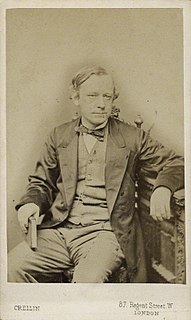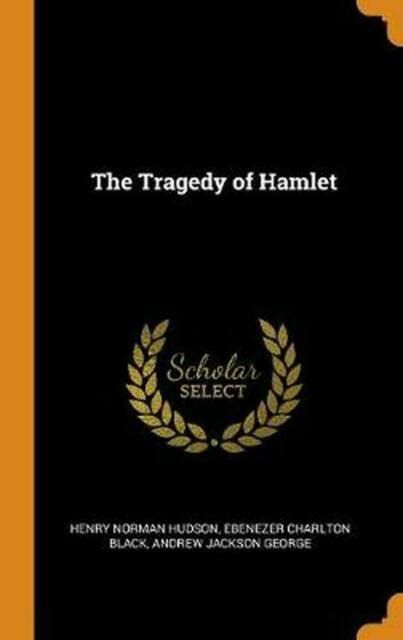A Quote by Emily Dickinson
Much Madness is Divinest Sense, to a Discerning Eye.
Quote Topics
Related Quotes
Madness, provided it comes as the gift of heaven, is the channel by which we receive the greatest blessings... the men of old who gave things their names saw no disgrace or reproach in madness; otherwise they would not have connected it with the name of the noblest of arts, the art of discerning the future, and called it the manic art... So, according to the evidence provided by our ancestors, madness is a nobler thing than sober sense... madness comes from God, whereas sober sense is merely human.
He who studies it [Nature] has continually the exquisite pleasure of discerning or half discerning and divining laws; regularities glimmer through an appearance of confusion; analogies between phenomena of a different order suggest themselves and set the imagination in motion; the mind is haunted with the sense of a vast unity not yet discoverable or nameable.
Imagination is the organ through which the soul within us recognizes a soul without us; the spiritual eye by which the mind perceives and converses with the spiritualities of nature under her material forms; which tends to exalt even the senses into soul by discerning a soul in the objects of sense.
Words are substance strange. Speak one and the air ripples into another's ears. Write one and the eye laps it up. But the sense transmutes, and the spoken word winds through the ear's labyrinth into a sense that is no longer the nerve's realm. The written word unfolds behind the eye into the world, world's image, and the imagination sees as the eye cannot see-thoughtfully.





































